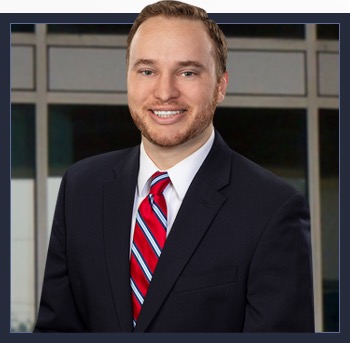Clearwater Probation Violation Lawyer
Once you plead guilty, accept a plea, or are convicted of a crime, the judge will have some discretion as to what your future holds. In some cases, adjudication is withheld, meaning you aren’t technically convicted of a crime. In other cases, you may have served your sentence and are now on probation after your release. The penalty for failing to follow the guidelines of your probation can include going back to prison, contact our Clearwater probation violation lawyer today.
Understanding probation
Probation does not operate the same way that the criminal system does. You are not presumed innocent; you are presumed guilty of the crime you committed and are presumed to be making amends for the crime you committed. Your probation officer need not have a smoking gun to accuse you of a probation violation, they only need reasonable suspicion.
In fact, the terms of probation are different for every individual, adding further complication to the matter. It is possible to violate your probation without ever realizing that you did so.
Different types of probation
- Administrative probation – This is the most lenient form of probation offered under the law. Upon completion of half the term of probation, the offender can be transferred to “non-reporting” status. Those on administrative probation are not monitored, don’t take drug tests, and don’t need permission to travel.
- Community control – Much more serious than simple probation, community control involves intensive supervision. Defendants may even be confined to their home (house arrest). The defendant is under continual surveillance and probation officers will drop by randomly to ensure the defendant is where they should be.
- Drug offender probation – Drug offenders on probation will have to submit urine tests, ensure that they stay away from substances and meet treatment goals with substance abuse treatment providers.
- Mental health probation – Similar to drug offender probation, mental health probation requires defendants to meet specific treatment goals to avoid prison, such as attending counseling and taking all medications as prescribed. Failure to do so could result in a violation of probation.
- Sex offender probation – Individuals who have been convicted and designated a sexual offender will have to undergo rigorous community monitoring, mental health treatment, and meet treatment goals. Those who don’t successfully complete their probation could end up finishing the remainder of their sentences in prison.
Terms of probation
Terms of probation can include any of the following:
- Reporting to your probation officer
- Completing work at a designated location
- Not violating any more laws
- Paying all debts owed to the State of Florida
- Avoiding people and places likely to have criminal activity
- Allowing your probation officer to visit your home
- Staying within a designated area (house arrest)
- Supporting legal dependents
- Paying fees associated with your probation
Violations of probation are handled on a case by case basis due to the unique combination of requirements each individual may have while on probation.
What is Parole
Parole is still a widely used term; however, Florida abolished parole in 1983. Parole is the release of an inmate prior to them serving their full court ordered sentence and placing them on a period of supervision. Since it was abolished, parole now only applies to Florida inmates who were convicted prior to 1983.
Talk to a Clearwater, FL Probation Defense Lawyer Today
If you are accused of a probation violation, you will need a rigorous defense to prevent you from facing criminal charges related to the first offense that you are on probation for and the offense that violated your probation. An attorney at King Law Group can help. Call today to set up an appointment and we can get started preparing your defense immediately.



